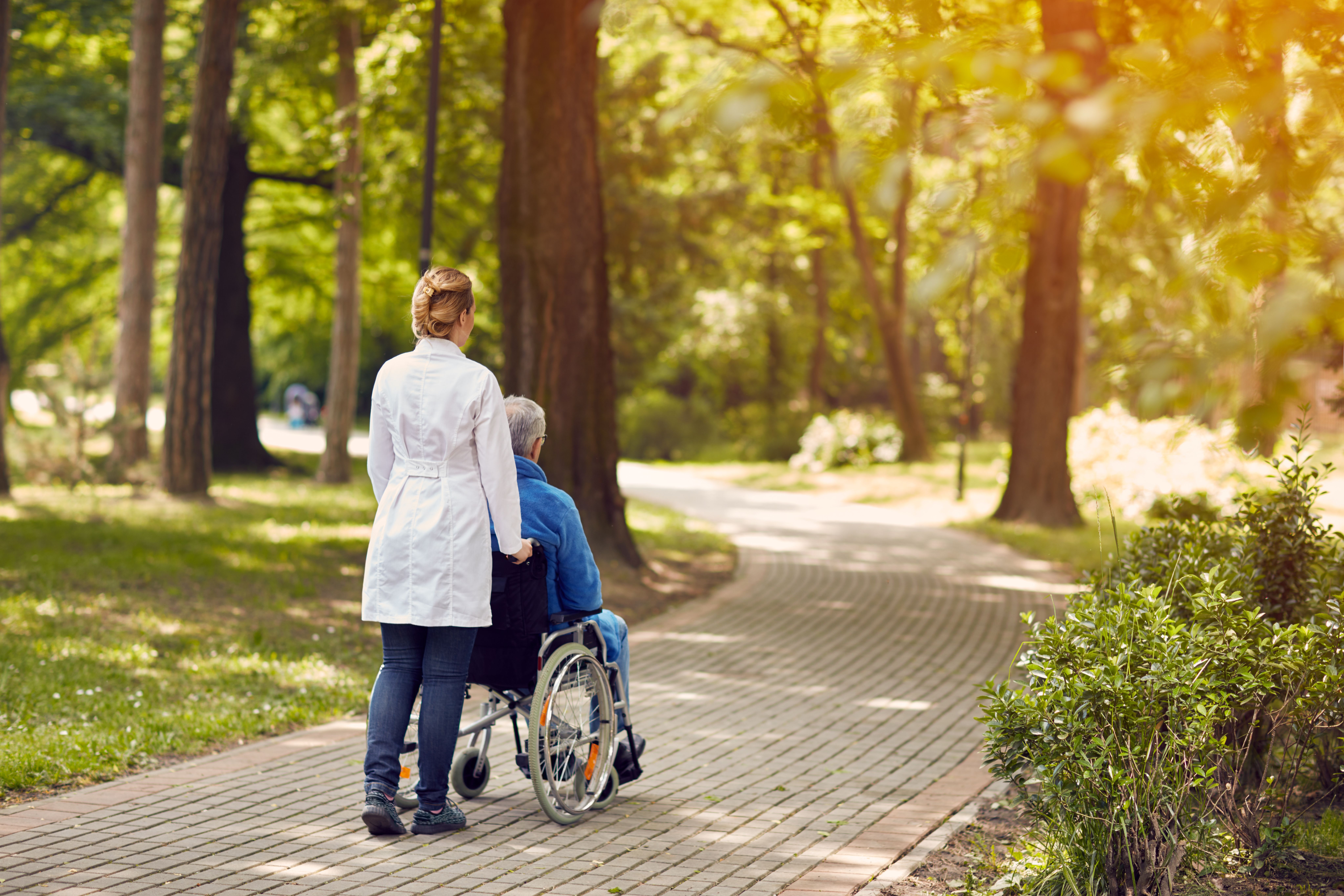Publication
Article
CURE
Negative Thinking Not Necessarily Depression
Author(s):
A discussion on the difference between sadness and depression complete with signs and symptoms that differentiate the two.
Studies show that nearly a quarter of cancer patients will have symptoms of depression or an anxiety disorder during treatment. Feelings of anger or sadness about their cancer and the changes it brings are normal and not considered depression.
When diagnosing depression in cancer patients, physicians place more emphasis on symptoms such as loss of pleasure, hope and self-worth that last for more than two weeks instead of symptoms that can also be caused by cancer and its treatments, including fatigue, weight loss and lethargy. Patients should notify their doctor if they experience other signs of depression, which can include indecisiveness, reduced concen-tration, guilt, slowed thinking, and in severe cases, a belief that life is no longer worth living.
Sadness, on the other hand, is a normal component of adjusting and not evidence of depression, says David Kissane, MD, a psychologist at Memorial Sloan-Kettering Cancer Center and former president of the International Psycho-Oncology Society. “While sadness is one of many factors that can predispose people to depression, the two mental states are clearly different,” says Kissane. “Bereaved people, for instance, can still laugh at a joke and enjoy activities during the day. Depressed people lose this ability.”
Anger, irritability, sense of unfairness, uncertainty, and shock are all human and appropriate responses to a cancer diagnosis, and may actually help patients cope. A small study on how different types of negative thinking affect quality of life showed that expressing anger was associated with lower rates of depression and a higher quality of life, while fear and anxiety had the opposite result. Feelings of sadness had no effect.
Keeping a gratitude journal, performing acts of kindness, or regular contact with other people, such as in a support group, can boost patients’ moods and perhaps help other symptoms. Research shows patients with a support system in place have less anxiety and depression. And although studies say support groups do not prolong life, they may improve quality of life.
Often patients need to talk out their fears and feel validated. Kissane advises friends and family to listen. “Acknowledge how distressing it is and be there for them.”






